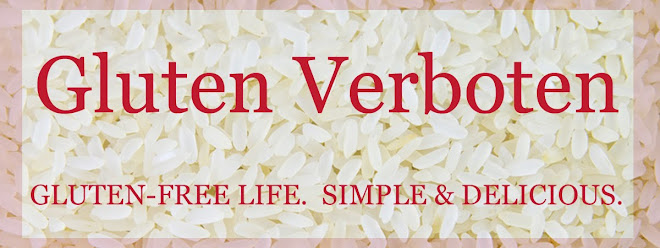I don't really know. I'm still adjusting to my work schedule, trying to figure out what to study and when to study it, learning time-management skills for projects/papers, and still keeping relationships going. So I'm not sure. I guess its going okay. Although I don't feel particularly stressed, I have been very tired lately. I am going to bed/waking up at the same times, but closer to the end of my rest, I have weird dreams that wake me up and the back of my neck, shoulder, and into my scap aches.
I am learning quite a bit, though, in pathophysiology, and seeing how it applies to my patients.
Right now in patho, we're studying cancer. I'm reading the blurbs about diet in cancer as I type. I thought some of this was quite interesting. A fewe nutritional causes of cancer include ingestion of xenobiotcs (synthetic chemicals that may be found in food), vitamin deficiencies (particularly vitamin D), ingestion of alfatoxin molds (found on corn, peanuts, and rices stored in hot, humid places), and low intake of folate with a high intake of alcohol.
Well, Celiacs, this is particularly interesting for us. We have problems with synthesizing vitamins from our food. When I was first diagnosed, my dietary counselor had me on a regimen of vitamins, folate included. Although I am not particularly scared of cancer, or think research has it all down about the causes of cancer, it can only be helpful to take care of ourselves nutritionally for the long-run. There's a fun little box in my patho book* entitled "Components of a Cancer-Prevention diet." Note, whole grains are mentioned quite a few times, and are not necessarily on our diet. Here is what it lists:
Increase
* Fruits and vegetables (especially broccoli, caulifloer, cabbage, spinach, onions, garlic, bok choy, brussels sprouts, kale, chard, collard greens, chicory, romaine, blueberries, and grapes)* Fiber (limiting glycemic index)
* Foods containing vitamins A, C, D, and E; mineral selenium (not to exceed 200mcg/day)
* Vitamin B6 (grains, beans, liver, avocados)
* Vitamin D
* Vitamin C
* Foods containing folate (fruits, vegetables [asparagus, broccoli], legumes, whole grains)
* Epigallocatechin gallate (found in green tea)
* Spices (curcumin [tumeric], garlic, cloves, capascin, ginger, coriander, fennel, fenugreek)
* Whole grains instead of refined grains (wheat, rice, maize)
* Legumes (lentils, peas)
* Nuts
Decrease
* Fat (especially large amounts of omega-6 fatty acids)* High-glycemic index carbohydrates
* Foods with high amounts of preservatives
* Alcohol
* Grilled, blackened foods
* Fried foods
* High levels of calcium (>2000mg)
* Refined grain products
So, my friends, lets just surmise that eating a diet free of processed "crap" (which is a good bit of what Celiacs on the whole eat) is way better than what you were probably eating before your diagnosis. Just because it looks good on shelves and in ads, does not mean it is good for anyone. Here's to eating real food, not processed in a plant or created in a lab somewhere. Cheers!
* Source: Pathophysiology: The biologic basis for disease in adults and children, sixth edition (2010), page 413. Written by Kathryn L. McCance, RN, PhD.

1 comment:
Couldn't agree more - celiacs do eat WAY too much processed food... in an attempt to be like "everybody else" (which is not good for anyone!). I'm human, but on the whole, I aim to avoid foods with more than five ingredients. All of those ingredients, need to be "food".
Post a Comment